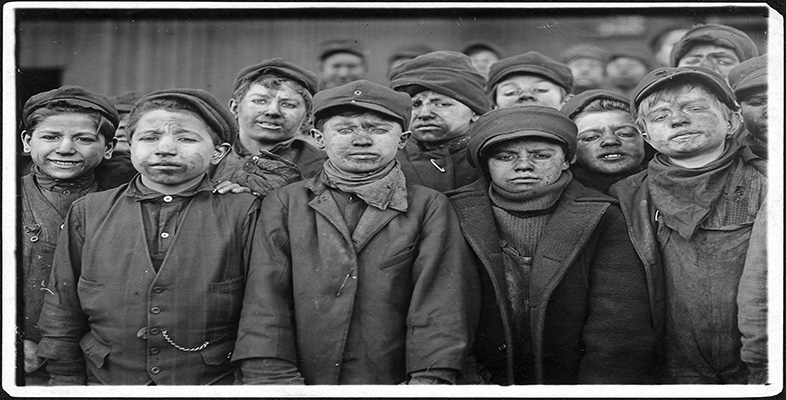6.6 Fourth Essay
Having discussed the relationship between environment and character formation in individuals and in society, shown the application of these principles using New Lanark as a test-bed, and described future plans, Owen turns finally to explaining how his reforms can be applied nationally and universally. Much of what follows shows how government might adopt his ideas, highly practical for the most part, but increasingly described in millenialist tones, anticipating a coming golden (or more enlightened) age.
Exercise 17
Read the Fourth Essay, linked below, and as you do so address the following questions:
What Enlightenment ideal is the principal aim of government, in Owen's opinion?
Can you suggest what ethical theory he is referring to in this context?
Click document below to open the Fourth Essay
Robert Owen, A New View of Society [Tip: hold Ctrl and click a link to open it in a new tab. (Hide tip)]
Discussion
What Owen refers to here is again the enlightened notion of happiness generated by rational means. Owen's goal is the greatest happiness of the greatest number, and without poverty, crime or punishment. He shows enormous confidence in the Enlightenment notion that human nature is universal (in the laws governing its causes and effects) but modifiable through environmental factors.
This is classic Utilitarianism, which takes the ultimate good to be the greatest happiness of the greatest number and defines the rightness of actions in terms of their contribution to the general happiness. It follows that no specific moral principle is absolutely certain and necessary, since the relation between actions and their happy or unhappy consequences varies according to circumstances.
The theory had earlier been made fully explicit by Owen's new partner, Bentham, in An Introduction to the Principles of Morals and Legislation (1789). Here he argues that morality is based on the French philosopher Helvetius's democratic principle that the greatest happiness of the greatest number is the highest good. Bentham reinforced this by devising a quantitative measure of individual pleasure and pain, concluding that the pursuit of personal happiness led society to a state of general harmony and welfare.
You can see the obvious appeal to Owen. Since people do not form their own characters and character is formed by environment and education, as well as all the other attributes Owen prefers, they can also be taught how to be happy and happiness can be promoted in society at large.
Exercise 18
In a series of bullet points, identify the key policies Owen advocates.
Discussion
The key policies centre around:
happiness without poverty, crime or punishment
legal and Church reform
control of alcohol and gambling
revision of the Poor Laws (a major preoccupation of the time)
a national system of education
the establishment of national seminaries
a comprehensive employment policy and direction of labour.
Again generalising from his experience at New Lanark, and probably influenced by the views of Godwin and Bentham, Owen argues in his Fourth Essay for government intervention to develop a national system of education, to counter increasing problems of poverty and unemployment, and to generate greater ‘happiness’. This seems to be a return to the earlier proposals he submitted to Lord Liverpool, but how could Owen now implement these much more comprehensive ideas? For a start he could put more of his ‘principles’ in place at New Lanark and raise still further the profile of the community as a test-bed for the New System. This brings us to a more detailed discussion of our second ‘text’, New Lanark itself, and the role it played in Owen's propaganda campaign in 1816–24.
